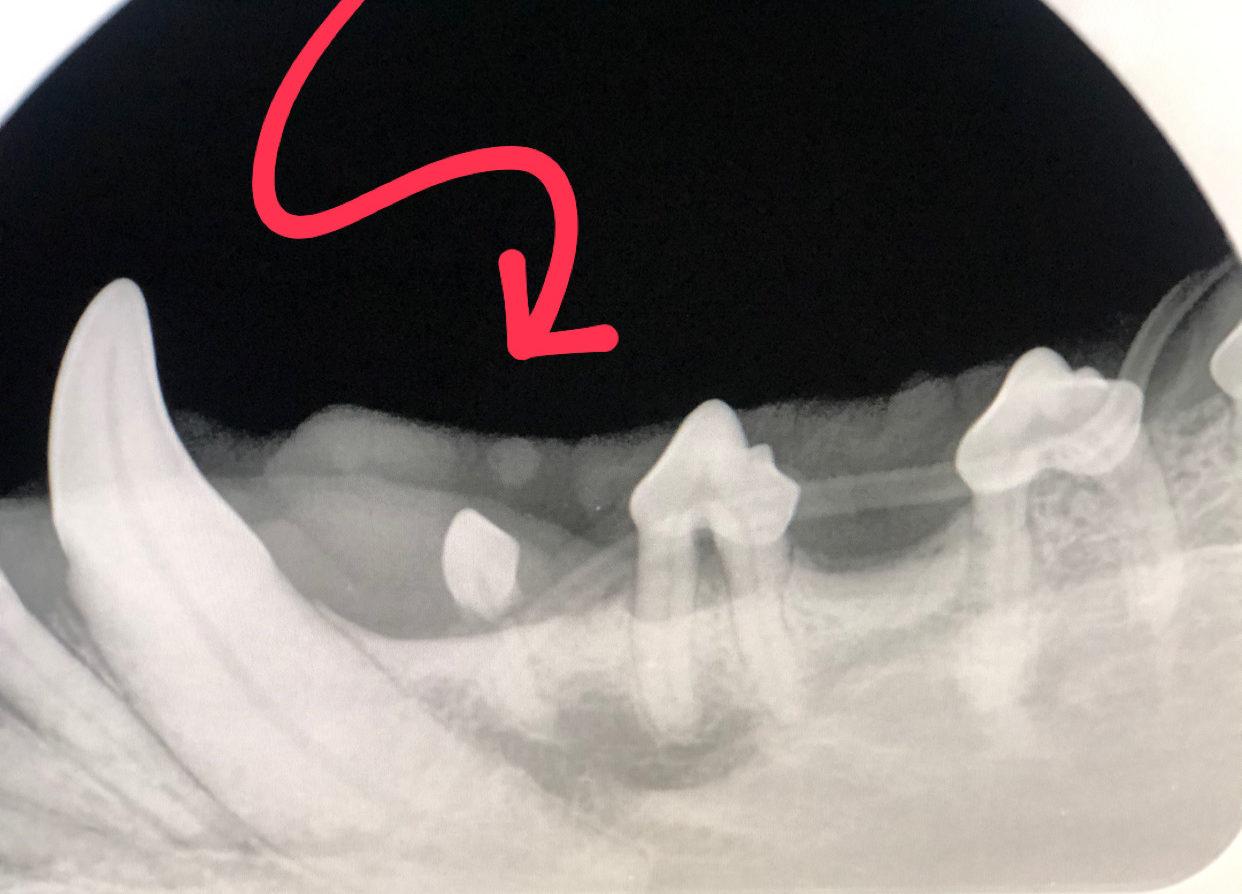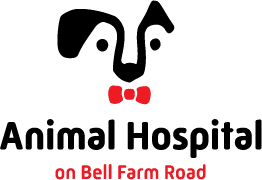
‘Preventing animals suffering in silence, especially when it comes to their mouth is one of our personal missions….does your pet speak English?’
Book in for a dental assessment so we can advise you on the best treatment options…
A 10% discount on dental anesthesia, oral cleaning, dental x-rays, and intravenous drip when scheduled within 1 calendar month of the initial assessment
Dental disease in pets often goes unnoticed, but it affects more than 80% of cats and dogs over the age 3. It’s the most common disease in pets and can lead to a variety of health complications.
IMPORTANCE OF DENTAL CARE
Tips to prevent pet dental disease:
- Schedule your pet for a thorough checkup and dental cleaning yearly
- Brush your pet’s teeth every 1 to 3 days
- Use dental rinses, water additives, wipes, or gel
- Give your pet dental treats
- Stick to a veterinarian recommended dental diet
A healthy mouth is pain-free and less at risk for bone loss, infection, and oral cancer. Dental care varies from pet to pet.
WHY ARE DENTAL PROCEDURES EXPENSIVE?
To ensure your pet’s safety, dogs and cats are placed under general anaesthesia during dental
procedures. While on anesthetics, your pet is continuously monitored, which allows the
veterinarian to perform an oral exam to thoroughly check for lumps, bumps, painful teeth and
infected gums.
Contact your veterinarian if you notice any of these signs:
• Bad breath
• Squinting when eating
• Chewing on only one side of the mouth
• Gulping of food
• Red or bleeding gums
• Any unusual behaviour
1. Oral health – By age three, 80% of dogs and cats show signs of periodontal disease,
including red and swollen gums, pain, bad breath and tooth loss.
- Pain and discomfort – Just like humans, pets feel pain and discomfort from dental issues too. Monitor your pet for signs of oral pain, such as chewing on one side of the mouth, and squinting when eating.
- Dental disease spreads – Bacteria and plaque can enter a pet’s bloodstream and spread to the heart, kidneys and liver, which can damage other organs and make pets sick.
- Early detection of illness – Oral lumps and bumps and some types of cancer have a better prognosis when discovered and treated promptly.
- Bond with your pet – Veterinarians recommend that pet owners develop brushing habits based on gentle handling and positive rewards to encourage trust and improve the human to pet bond.
